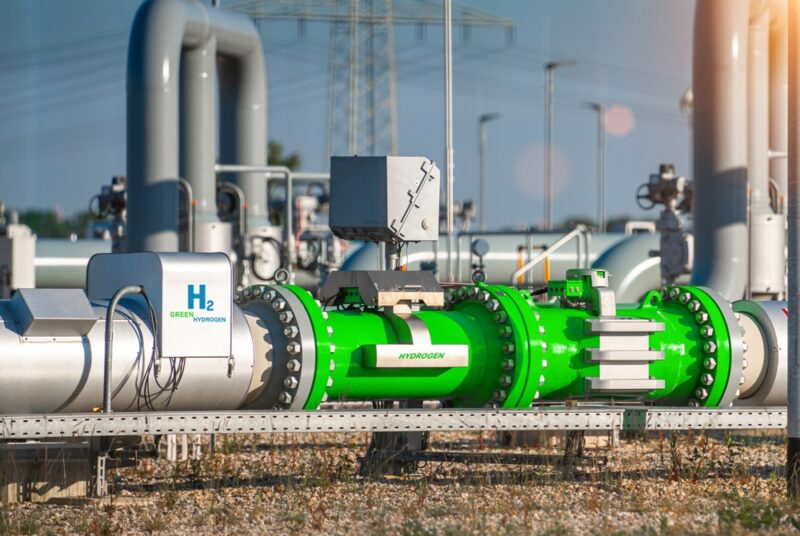
The signing of a Heads of Agreement in Korea could mark one of the first major projects in Queensland to export green ammonia to Korea, establishing a green energy corridor between the two nations.
The Han-Ho (Korea-Australia) H2 consortium consists of Australian-based Ark Energy and its parent company Korea Zinc, as well as Korean conglomerates Hanwha Impact and SK Gas.
The proposed mega-project in North Queensland will produce up to 1.8 million tonnes per annum of green ammonia and will support the development of up to 4.5GW at Ark Energy’s Collinsville Green Energy Hub.
The project’s development during the feasibility stage will be supported by the Queensland Government investing $8.5 million for the Abbot Point Activation Initiative under the Queensland and Energy and Jobs Plan hydrogen hubs program.
This investment will advance the master planning, development and infrastructure arrangements that are needed for Abbot Point to become a hydrogen export super hub including planning for the water and power supplies needed to produce hydrogen at scale in North Queensland.
The signing occurred during the trade mission by Queensland Premier, Annastacia Palaszczuk, who said that while the State’s traditional trade and investment sectors with Korea remain strong, it is also forging ahead in its decarbonisation initiatives.
“We look forward to working closely with the consortium partners to unlock Queensland’s renewable energy potential and become a large-scale producer and exporter of green hydrogen,” Ms Palaszczuk said.
“North Queensland has some of the best solar and wind resources in the world located near Queensland’s largest dam.
“The Collinsville Green Energy Hub provides more good job opportunities in the Bowen Basin as we create more industries in Queensland.
Ms Palaszczuk said that working in collaboration with the Han-Ho H2 Consortium will transform the state into a renewable energy powerhouse, delivering clean, reliable and affordable power for generations and providing good, secure jobs for the future.
“Our ongoing partnership with the Korea Zinc group will support Townsville to become a world leader in critical minerals and hydrogen manufacturing including through the SunHQ Hydrogen Hub.”
Queensland Resources Minister, Scott Stewart, said that Townsville and North Queensland are perfectly placed to be at the forefront of hydrogen, renewable energy and critical mineral developments.
“This agreement builds on the strong relationship Townsville and the region has with Sun Metals already and will mean more good jobs for the future,” Mr Stewart said.
“We have the critical minerals in the ground, the expertise above and the right infrastructure to support the development of both the resources and renewable industries.”
Ark Energy CEO, Daniel Kim, said on behalf of the Han-Ho H2 consortium that its collective ambition is to accelerate the energy transition by building new green growth engines for both Australia and Korea.
“We believe North Queensland has the potential to become a world class producer and exporter of green hydrogen,” Mr Kim said.
“We are committed to working closely with our key stakeholders to unlock and maximise this potential and deliver prosperity to the regional communities in which we operate.”
Abbot Point presents a unique opportunity on government-owned land, with existing deep water, port infrastructure and proximity to one of Australia’s best renewable energy zones making it a prime location for renewable hydrogen and ammonia developments in North Queensland.
Townsville is set to become a critical minerals and hydrogen manufacturing powerhouse with Korea Zinc’s Sun Metals green industrial precinct and Ark Energy’s SunHQ Hydrogen Hub supporting the expansion of critical minerals supply chains and the domestic hydrogen industry.